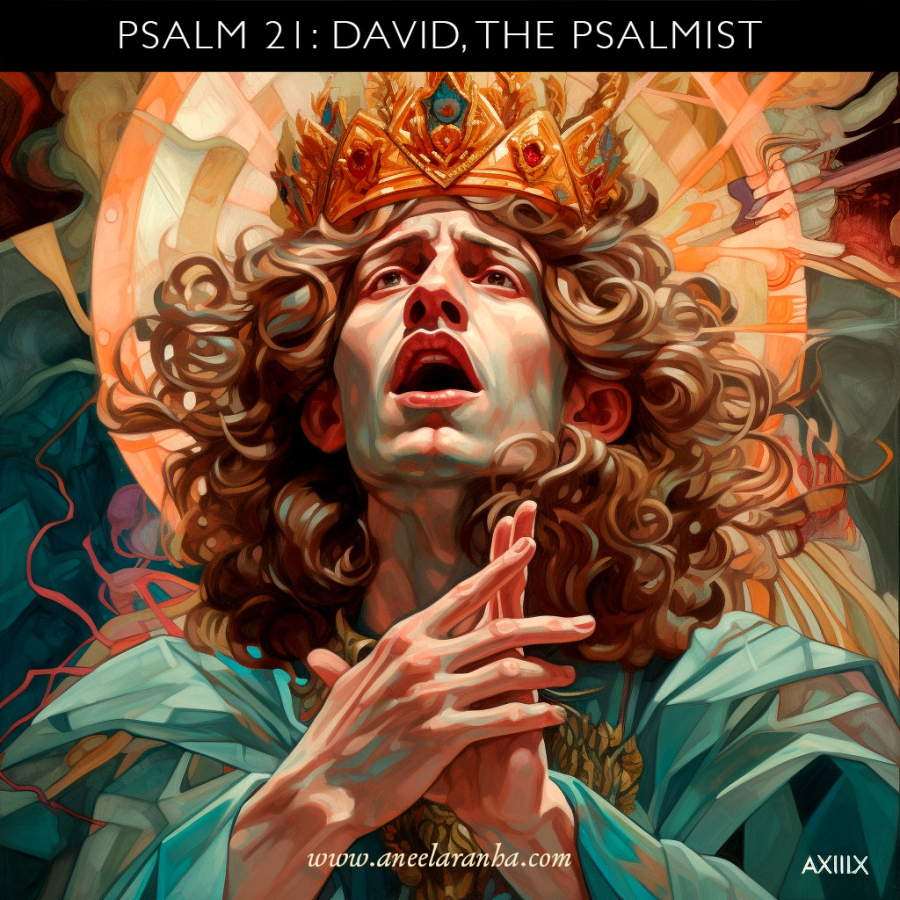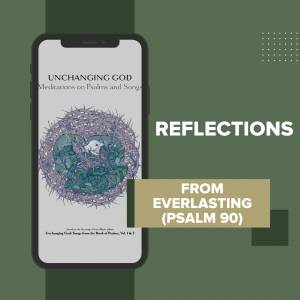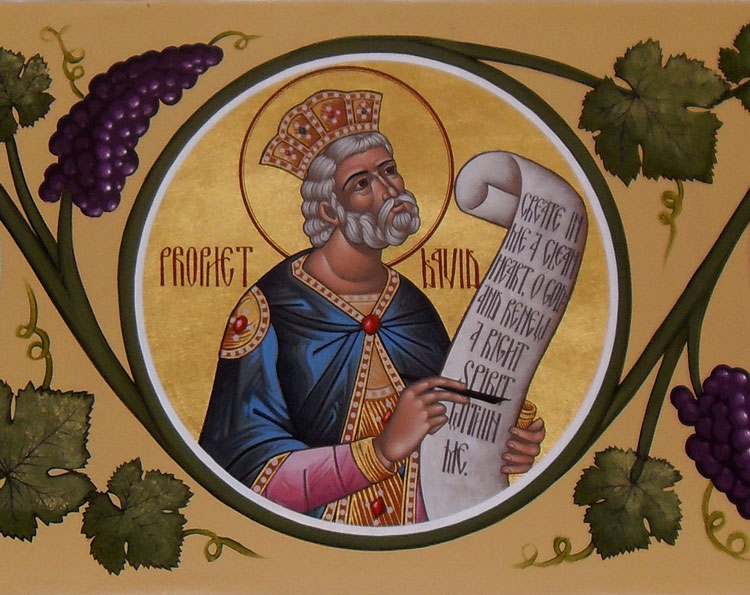Have you ever found yourself listening to a song that resonates deeply within your soul? Something about the lyrics and the melody just speaks to you on a profound level. Well, imagine if that song was not just any ordinary song, but a sacred psalm written by a man after God’s own heart. David, the shepherd boy turned king of Israel, penned many songs that have been passed down through generations. In this article, we will delve into the psalms of David and take a closer look at the beauty and wisdom they hold. So, get ready to embark on a journey of reflection as we explore the songs of David.
David, known as a psalmist, poured out his heart and soul into each song he wrote. These songs are not just mere words; they are a timeless expression of his relationship with God. As we study the psalms, we gain insight into David’s intimate conversations with his Heavenly Father. Through his honest prayers, songs of praise, and cries for help, David shows us how to navigate the highs and lows of life with God by our side. In the following article, we will explore the various themes and emotions found in the psalms, as well as the poetic devices and literary techniques David used to bring his songs to life. Whether you are a seasoned believer or someone searching for answers, the songs of David have something to offer you. So, join us as we journey through the psalms and discover the beauty and depth of David’s reflections.

Introduction
Welcome to a journey through the life and writings of one of the most revered figures in religious history – David, the Psalmist. In this article, we will explore the rich legacy of David, focusing on his early years, rise to power, and reign as king. We will delve into the origins and structure of the Psalms, the importance of these sacred poems in worship, and David’s role as a poet. Furthermore, we will analyze the individual Psalms, identifying prominent themes and drawing connections between David’s life and his heartfelt expressions. We will also discuss the various approaches to interpreting the Psalms, examining their historical, cultural, and spiritual significance. Finally, we will reflect on the enduring impact and influence of David’s Psalms, unveiling their theological depth and beauty.
The Life of David
David’s Early Years
The story of David begins humbly, as a young shepherd boy. Chosen by God to become Israel’s future king, his faithfulness and musical talent set him apart. Playing the harp, he soothed King Saul’s troubled spirit and gained favor in his eyes. Even in these formative years, David possessed a unique connection with the divine.
David’s Rise to Power
David’s triumph over the Philistine giant, Goliath, became a powerful symbol of his faith in God’s deliverance. This extraordinary victory propelled him into the national consciousness, and he rose in rank as a military leader. Despite Saul’s jealousy and numerous threats against his life, David navigated the perilous path to becoming Israel’s anointed king.
David’s Reign as King
From establishing Jerusalem as the capital city to defeating enemies both within and beyond Israel’s borders, David’s reign was marked by military victories and cultural accomplishments. However, it was his profound devotion to God that left an indelible mark on history. It was during this time that David’s writing flourished, resulting in the composition of numerous Psalms that would inspire generations to come.
Introduction to the Psalms
Origins of the Psalms
The Psalms are a collection of religious poems and songs that span a wide range of emotions, from deep anguish to exuberant praise. Their origins can be traced back to various periods in Israel’s history, reflecting the experiences and aspirations of the people. David played a significant role in the composition of many Psalms, infusing them with his personal experiences and intimate encounters with God.
Themes and Structure of the Psalms
The Psalms encompass a myriad of themes, including praise, thanksgiving, lament, wisdom, and prophecy. Structurally, they are divided into five books, mirroring the structure of the Torah. Each book concludes with a doxology, a hymn of praise. This organization highlights the unity and diversity of the Psalms, underscoring the depth of human experiences and the unchanging nature of God.
Importance of the Psalms in Religious Worship
The Psalms have played a central role in religious worship throughout history. Their lyrical beauty and profound insights into the human condition provide solace, inspiration, and a language for expressing both joy and sorrow. These sacred poems have been chanted, sung, and recited in various religious rituals, inviting believers to engage with God on a personal and communal level.
David’s Role as a Psalmist
David’s Inspiration for Writing the Psalms
David’s Psalms were born out of a deep experiential connection with God. They reflect his unwavering faith, intense emotions, and relentless pursuit of divine presence. Whether in times of triumph or despair, David poured out his heart before the Lord, drawing inspiration from his own experiences and the overarching covenant relationship he shared with God.
David’s Poetic Style and Lyrical Expression
David’s gift for poetry is evident in the rhythmic cadence and lyrical beauty of his Psalms. His use of vivid imagery, metaphors, and parallelism amplifies the emotional impact of his words. Through his masterful artistry, he invites the reader into his innermost thoughts and feelings, bridging the gap between the human and divine realms.
The Underlying Emotions in David’s Psalms
David’s Psalms exhibit a wide range of emotions – from awe and adoration to sorrow and desperation. They serve as a mirror to the human soul, allowing individuals to connect with their own joys and sorrows through the lens of faith. David’s honesty and vulnerability in expressing his deepest longings and fears create a space for readers to find solace and solidarity in their own spiritual journeys.

Analyzing the Songs of David
Exploring the Individual Psalms
Each Psalm penned by David offers a unique glimpse into his life and spiritual journey. Psalm 23, for instance, reflects his experiences as a shepherd, illustrating God’s role as the compassionate caregiver. Psalm 51, written after David’s repentance from his grave sins, showcases his humility and longing for divine forgiveness. Every Psalm invites readers to reflect on their own lives, drawing inspiration from David’s triumphs and lessons learned.
Notable Themes in David’s Psalms
Several key themes emerge from David’s Psalms. The theme of trust in God’s providence and protection is pervasive throughout. David’s unwavering confidence in God’s faithfulness, even in the face of adversity, resonates deeply with readers. Additionally, the Psalms emphasize the longing for God’s presence, the assurance of divine justice, and the call to live a righteous life. These timeless themes continue to inspire and uplift believers today.
Connections between David’s Life and His Psalms
Many of David’s Psalms are intimately tied to specific events in his life. For example, Psalm 18 recounts David’s deliverance from Saul and his enemies, while Psalm 63 expresses his longing for God while in the wilderness of Judah. These connections between David’s personal experiences and his poetic expressions provide insight into his spiritual growth and serve as a reminder of God’s faithfulness in all circumstances.
Interpreting the Psalms
Different Approaches to Interpreting the Psalms
The Psalms invite a multitude of interpretations, as they speak to the human condition in diverse ways. Some interpret them strictly as historical accounts of David’s life, providing insight into the struggles and triumphs of an ancient king. Others view them as prophetic, foreshadowing the coming of Christ and the establishment of His kingdom. Still, others approach the Psalms as spiritual guidance, drawing lessons and solace from their timeless wisdom.
Historical Context and Cultural Background
Understanding the historical and cultural context of the Psalms sheds light on their intended meanings. Knowledge of Israel’s history, its religious practices, and the use of poetic devices in ancient Hebrew poetry can enhance our interpretation. This contextual understanding helps bridge the gap between the original audience and contemporary readers, enabling a deeper appreciation of the Psalms’ significance.
Spiritual and Symbolic Meanings in the Psalms
The Psalms are not limited to historical or literal interpretations. They contain rich symbolism, metaphors, and spiritual truths that transcend time and space. The imagery employed by David serves as a vehicle for profound insights into the nature of God, the human condition, and the redemptive work of the divine. Exploring these spiritual and symbolic layers invites readers to go beyond the surface and engage with the Psalms on a deeper spiritual level.

Impact and Influence
The Enduring Popularity of David’s Psalms
Throughout the centuries, David’s Psalms have resonated with countless individuals across cultures and religions. Their universal themes of hope, trust, and worship speak to the common experiences of humanity. Translated into numerous languages, these timeless poems continue to be cherished and recited in various religious traditions, providing solace and inspiration to people from all walks of life.
Influence of the Psalms in Religious Traditions
Beyond their popularity, the Psalms have had a profound influence on religious traditions worldwide. From Jewish liturgical practices to Christian worship, the Psalms form an integral part of religious rituals, inviting believers to express their deepest emotions and connect with the divine. Their inclusion in sacred scripture underscores their significance and enduring relevance within the faith communities.
David’s Psalms in Contemporary Music and Literature
David’s Psalms have found new life in contemporary music and literature. From classical compositions to contemporary Christian songs, musicians and songwriters have drawn inspiration from the Psalms, setting them to melodies that resonate with modern audiences. Likewise, poets, authors, and playwrights have incorporated the imagery and themes of the Psalms into their works, amplifying their impact and ensuring their continued relevance in the literary world.
Theological Reflections
David’s Relationship with God in the Psalms
The Psalms provide a window into David’s intimate relationship with God. Whether expressing his love, fears, doubts, or frustrations, David’s Psalms reveal a man who sought after God with all his heart. Through his writings, David invites readers to join him in communing with the divine, encouraging a deeper connection with God in our own lives.
Themes of Faith, Praise, and Repentance
Faith, praise, and repentance are recurring themes throughout David’s Psalms. His unwavering trust in God’s faithfulness inspires readers to anchor their own lives in a steadfast faith. His expressions of praise and thanksgiving remind us of the importance of acknowledging God’s goodness and grace. Furthermore, David’s heartfelt pleas for forgiveness and repentance serve as a model for genuine contrition and restoration.
The Divine Wisdom in David’s Psalms
David’s Psalms contain profound insights into the nature of God and the wisdom gained through a relationship with Him. These timeless truths provide guidance and comfort, reminding us of God’s sovereignty and abiding love. The Psalms invite readers to meditate on these divine gems, offering invaluable wisdom for navigating the complexities of life.

Conclusion
As we journey through the life and songs of David, we are invited to appreciate the depth and beauty of his Psalms. David’s profound connection with God, his poetic artistry, and the emotional rawness of his expressions continue to captivate hearts and minds today. The Psalms, like a rich tapestry, weave together themes of triumph, joy, lament, and hope, offering solace and inspiration to believers across generations. May we continue to dwell in the spiritual treasure trove of David’s Psalms, finding comfort, wisdom, and a deeper connection with God.







